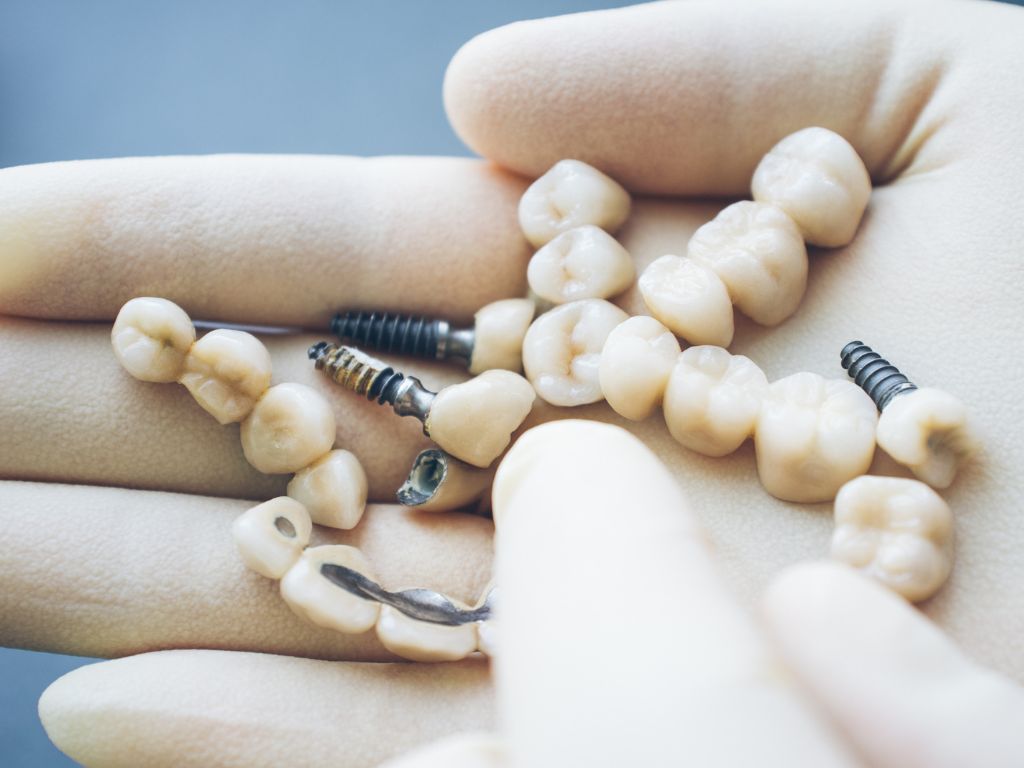Dental Implant Surgery: What To Expect and How To Prepare

Dental implant surgery is a procedure that introduces durable titanium into the jawbone to put an artificial tooth in place. It’s a cosmetic and practical surgery that is beneficial for individuals who don’t want to wear dentures, have missing teeth, and are looking to improve their speech.
But what does the procedure look like? Continue reading our guide on dental implant surgery: what to expect and how to prepare for it.
What To Expect
The implant surgery process can take several months to complete. Each step and precaution exist for good reasons. Here’s what you can expect from the surgery.
Installing the Implant
The organ surgeon first removes the damaged tooth. Then, they will make an incision in the gums to expose the bone. The meticulously drill a hole into the bone to serve as the foundation for the dental implant.
The implant mimics the root of a tooth. It will require ample time to heal and fuse with the jawbone before attaching the abutment and artificial tooth.
Allowing Time for Osseointegration
Osseointegration refers to the fusion of the implant with the surrounding bone. During this time, the jawbone grows around the implanted metal post, firmly anchoring it in place.
Rushing the process and placing the abutment too early could prevent proper osseointegration, leading to implant failure. Thus, allowing sufficient time for the bone to heal ensures a stable, secure base for the new tooth.
Attaching the Abutment
This step involves placing a small connector to secure the replacement tooth. The abutment ensures a stable base.
In some cases, the surgeon can successfully place the implant and abutment during a single procedure. Your oral surgeon will indicate if you’re an ideal candidate to complete both procedures in the same surgery.
Placing the Artificial Tooth
The process is nearly complete! After the gums fully heal around the abutment, the surgeon carefully attaches the replacement tooth.
They specially craft the replacement teeth to perfectly fit in your mouth and match the rest of your smile. Once the tooth is in place, the surgeon will ensure the implant is functional yet beautiful.
Pain and Discomfort
You can expect some discomfort from each surgery. This discomfort will include swelling of your gums and face, minor bleeding, and pain at the implant site. Your oral surgeon will provide specific instructions on managing these symptoms and maintaining oral hygiene during recovery. They may also prescribe pain medication to help with the aches.
How To Prepare
Arrange for Transportation After Each Procedure
Dental implant surgery is an outpatient procedure. The effect of anesthesia makes it unsafe to operate machinery, including your vehicle. As a result, you will need a friend or family member to drive you home afterward.
Follow Preoperative Instructions
Lastly, ensure you follow any preoperative instructions your surgeon gives you. You may need to fast the night before surgery. In this case, fasting often means no food or drink, including water, for 6 to 12 hours before your procedure.
Informing your oral surgeon of all medications you’re currently taking, including over-the-counter drugs and dietary supplements, is vital. You may have to temporarily discontinue taking some of your medications or have their dosages adjusted.
You’ll also want to maintain good hygiene leading up to the surgery. Brushing, flossing, and avoiding smoking and drinking alcoholic beverages will ensure your mouth is in great shape for the procedure.
Missing teeth replacement is simple and easy when you visit Woodstock Smiles. We offer professional dental implant surgery and proper guidance on what to expect and how to prepare, making the procedure as seamless as possible.
